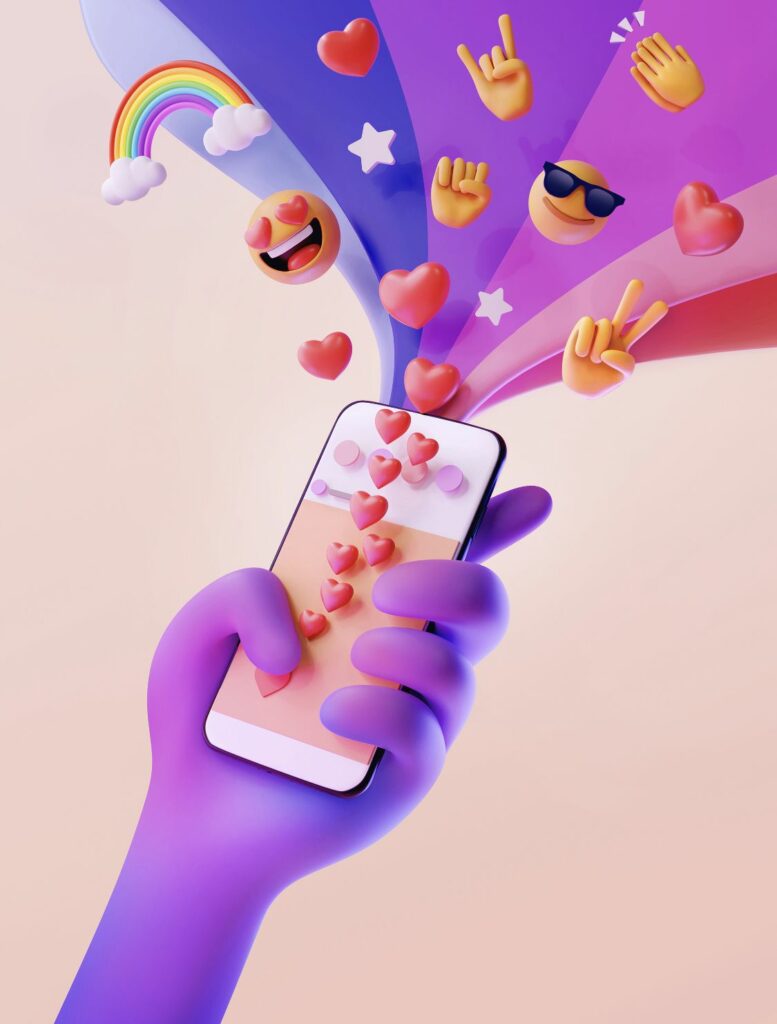
3 Sorts of Hue in Creating That Shape Loyal Audiences Almost certain exactly how various types of tone in writing affect your content? Simply think of the statement: “I don’t like your tone.” Or, you’ve probably heard the adage: “It’s not what you say, it’s how you say it.” ( Actually, if you want to get your message across, you should pay careful attention to both what you say and how you say it.). Tone of voice helps us convey meaning when we communicate with our fellow humans. That’s what allows my son, in the time-honored tradition of teenagers, to infuse his monosyllabic agreement to take the dog out with a rich sense of suffering and forbearance. Text has to work harder. What are some different types of tone in writing? Tone is an aspect of writing that helps a reader understand your unique point of view on a subject. You probably see someone put their digital foot in their mouth virtually every day by making poor word choices if you use the social web at all. Add to that the fact that there’s a potentially controversial or political subtext that can be attached to almost any statement, and it starts to feel like a minefield out there. We’ve got handy writing techniques like word connotation, choice, and story to help us master tone. Your copywriting strategies start to resonate with the perfect audience for your product or service because when you get the tone right. Your content can really start to shine.
Tool # 1: The words you choose.
All careful writers know that there’s no such thing as a true synonym. Every word carries its own set of associations and nuances that shape your writing voice. Some shades of meaning are fairly neutral. Because it’s clearer and less pretentious, I nearly always prefer use over utilize. It doesn’t particularly identify me as having a particular set of beliefs or values. Other synonyms that carry a more potent cultural charge highlight different types of tone in writing. Deplorable and despicable seem like they mean pretty close to the same thing. The first has been colored by a charming and silly series of animated movies. The second is a well-known insult (then claimed as a badge of honor) for supporters of a political figure. Careful writers chase down the nuances of the language they choose. They think long and hard about the selection of each word. And they strive to choose the word that conveys the subtleties they are after.
Tool # 2: The stories you tell.
The stories you tell carry nuances. In many ways, The Star Thrower story and the “I don’t have to outrun the bear” joke illustrate the same point. They’re both about accomplishing the next small but meaningful goal, rather than focusing on overwhelming or impossible ones. The Star Thrower story about a lone figure rescuing sea stars on the beach is a favorite of nonprofits, nature lovers, and the more liberal on the political spectrum. The joke about a runner not needing to outrun the bear, just needing to outrun his hapless hiking companion, appeals more to “cutthroat” competitive types who don’t mind metaphors that are a bit on the gory side. If you’re speaking to The Nature Conservancy, the first story would be a good choice. The second would be a better fit for a sales meeting that embraced intense but good-natured rivalry. Both stories are effective and memorable. The one you choose depends on who you want to talk to and the nuances you want to get across.
Tool # 3: The values you embrace.
When you want to talk about a difficult problem that you overcame, types of tone in writing also become relevant. You could use words like courage, commitment, and honor– which happen to be the stated values of the U.S. Marine Corps. Simple, ordinary English words can often connect you to a larger cultural context. A strong point of view in your writing will help you attract the right people, but in some cases, ultra-specific language might be viewed as divisive. I think of it as identifying the people who resonate with you– and not worrying too much about the people who don’t.






